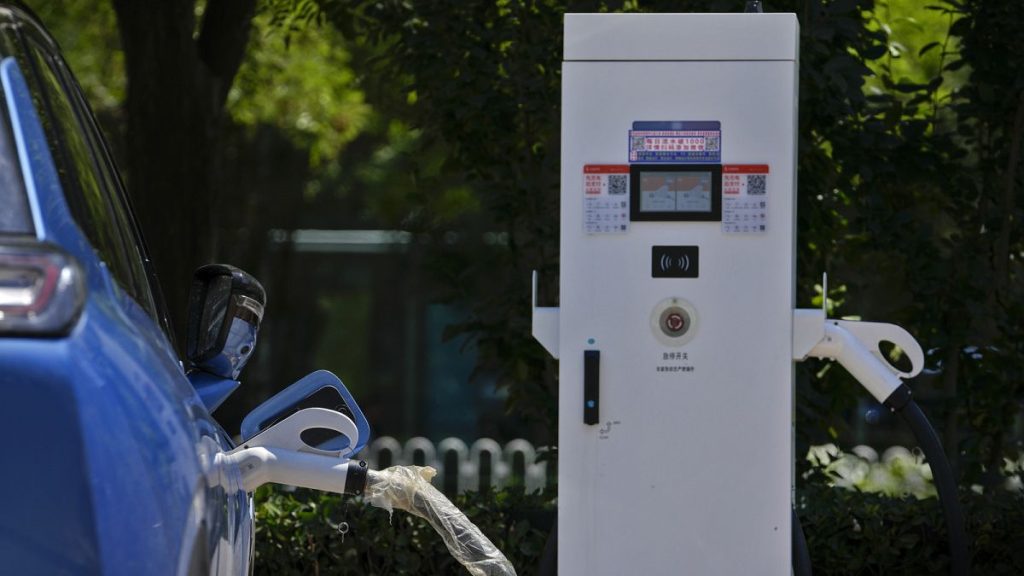The EU executive is ready to impose definitive duties on imports of Chinese battery electric vehicles (BEVs) in an effort to protect the bloc’s homegrown BEV industry from unfair competition from Beijing. The Commission has shared its draft final conclusions of an anti-subsidy probe with Chinese BEV producers and governments, detailing intended definitive duty rates for various manufacturers. If approved by EU member states, these rates would apply for five years, resulting in longer-term price increases for Chinese producers. The rates have been slightly revised for certain China-based manufacturers after they challenged the provisional rates imposed in July. The duty rate for US company Tesla, with Chinese subsidies, is foreseen at 9%.
Brussels will not retroactively collect duties on Chinese BEV imports registered since March due to lack of evidence of material harm to EU companies. Companies or the Chinese government can provide comments and request hearings with the Commission within the next 10 days. Discussions between Brussels and Beijing have intensified amid fears of Chinese retaliation and a potential trade war. The draft measures provide a preview of long-term tariffs Chinese BEV manufacturers could face, following a nine-month anti-subsidy probe that revealed China’s unfair advantage from subsidies across its BEV value chain.
The influx of cheap China-made BEVs in the EU market has raised concerns about further economic injury to the domestic industry, prompting the anti-subsidy probe. The tariffs are aimed at addressing Beijing’s aggressive trade practices, with the EU open to an alternative solution that abides by WTO principles. The probe has divided opinions within the EU, with Germany expressing skepticism due to potential impacts on German car manufacturers with production sites in China. However, Brussels sees the punitive measures as crucial to prevent Europe from industrial decline.
The EU’s move to impose duties on Chinese BEVs marks a significant step in addressing unfair competition and protecting the bloc’s industry from artificially deflated prices. The Commission’s efforts aim to shield the domestic BEV sector from the threat of Chinese subsidies distorting the market. The proposed definitive duty rates provide a glimpse of the long-term tariffs that Chinese BEV manufacturers could face in importing products into the EU. The intensification of discussions between Brussels and Beijing reflects the growing tensions over trade practices and potential consequences for both parties.
Brussels’ defense of the anti-subsidy probe and resulting punitive measures underscores its commitment to safeguarding the EU industry’s competitiveness. The trade dispute with Beijing, which has led to a complaint to the WTO, highlights the complexities of international trade relations. Despite internal divisions within the bloc, particularly from Germany, the EU is determined to take action before European industries face further challenges. The willingness to find an alternative solution with China demonstrates the EU’s adherence to WTO principles and commitment to fair trade practices.
Overall, the EU’s decision to impose definitive duties on Chinese BEVs is a strategic move to protect its domestic industry and address unfair competition practices. The proposed tariffs aim to level the playing field and prevent distortion of the market due to Chinese subsidies. The intensification of discussions between the EU and China reflects the importance of finding a resolution that aligns with WTO principles. While there are concerns within the bloc, the EU remains firm in its commitment to safeguarding European industries from external pressures and ensuring a level playing field in the global market.


